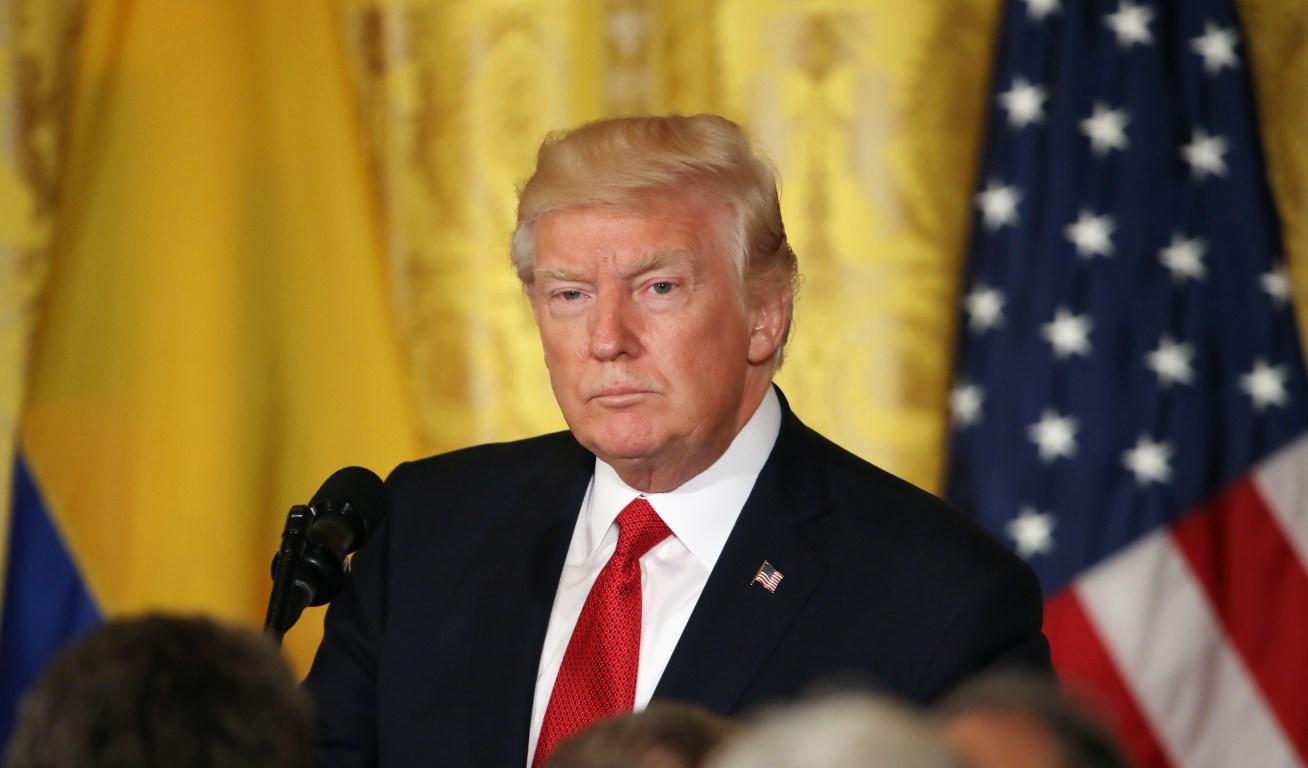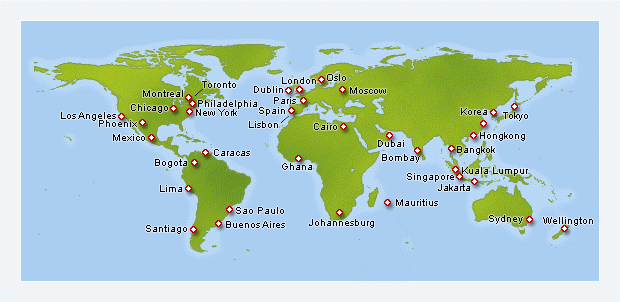Stock market & the economy
October 14, 2017 | Expert Insights

US President Donald Trump has enigmatically linked the reduction of national debt to a robust stock market.
Is the stock market a good indicator of the economy?
Background
A stock market is where investors meet to buy and sell shares. It is the place where stocks and bonds are bought and sold. There are 16 stock exchanges (bourse) in the world that have a market capitalization of over US$ 1 trillion each. The New York Stock Exchange and the NASDAQ are the top stock exchanges in the US and the world. The London Stock Exchange, the Japan Stock Exchange, the Shanghai Stock Exchange and the Euronext are some of the biggest exchanges. The Bombay Stock Exchange in India is ranked 11 globally. The stock market is considered a key section of a free-market economy. It provides companies with access to capital in exchange for giving investors a slice of ownership. If an economy is growing then output will increase and so will profitability. Hence, investors also see a spike in their income.
The US stock market has enjoyed a bull market since 2009. For the first time since 2007, the market closed above 14,000 in February 2013. The market has been rising since the US presidential elections. In August 2017, For the first time in its 121-year history, Dow Jones Industrial Average broke the 22,000 barrier.
Analysis

US President Donald Trump has often bragged about the robust performance of the stock market since he assumed office. He has often linked it to the growth of the US economy as well as the reduction of the nation’s debt. Most recently during an interview, he claimed that the stock market resulted in the reduction of the $20 trillion dollar debt that the US owed at the time he assumed office. He said, “The country -- we took it over, it owed $20 trillion. As you know, the last eight years, they borrowed more than it did in the whole history of our country. So, they borrowed more than $10 trillion dollars, right? And yet, we picked up $5.2 trillion just in the stock market. Possibly picked up the whole thing in terms of the first nine months in terms of value. So, you can say in one sense we're really increasing values; and maybe in a sense we're reducing debt."
Experts agree that a robust stock market has little to do with the reduction of a nation’s national debt. It cannot even be considered an indication of the state of a country’s economy. "The stock market's gains have virtually nothing to do with the size of the national debt, which continues to rise because government spending far exceeds government receipts," political economist Greg Valliere told CNNMoney. A higher stock market encourages more spending but it has little to do with how much a government spends.
A robust stock market also does not often indicate the health of a nation’s economy. In 1987, despite a stock market crash, it was not followed by a recession. A rising stock market can often indicate monetary inflation and not economic growth. Rising stock prices fueled by monetary inflation is not sustainable.
China is a prime example of how a turbulent stock market does not necessarily indicate a turbulent economy. Between 2015 and 2016, China experienced an erratic stock market that began with the popping of the stock market bubble on 12 June 2015. At the time, some predicted that this fall could cause another global financial crisis similar to the one that took place in 2008. However, by December 2015, China’s stock market had relatively recovered. Additionally, the country also reported a 6.9%GDP growth rate for 2015. Even though the economy had slowed down, it was still growing above 5%. More importantly, it did not trigger a global crisis followed by a recession.
Assessment
Our assessment is that stock markets are not the only reflection of the national economy. Nor do they help governments recover from national debts. However, they do perform better when the prognosis of a nation’s economy is vibrant. As stock markets go through periods of bull and bear markets, it’s important for governments not to rely on the health of the stock market to boost a nation’s economy.








Comments